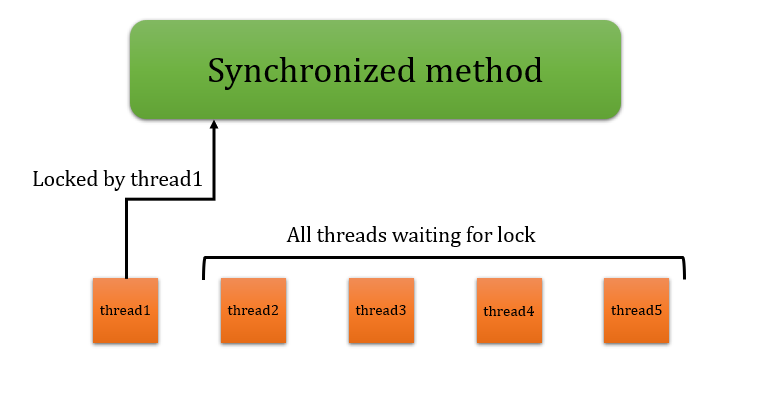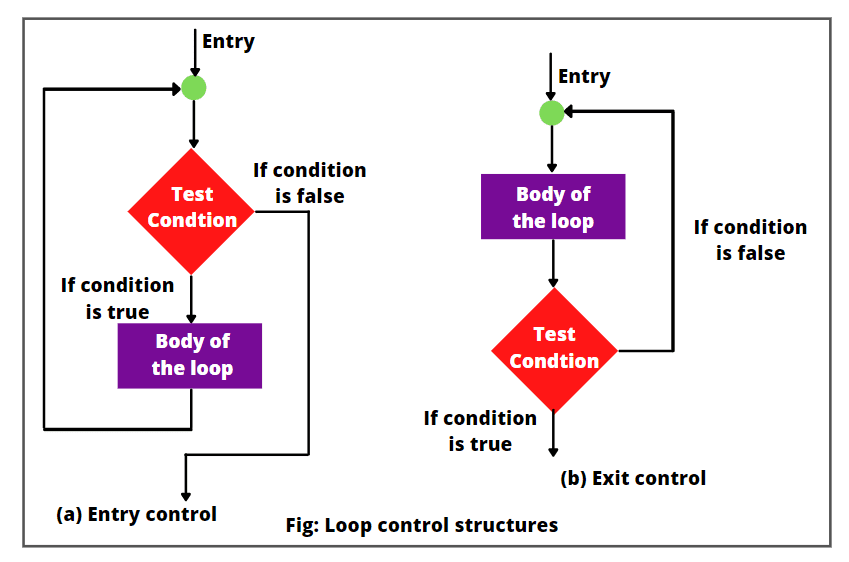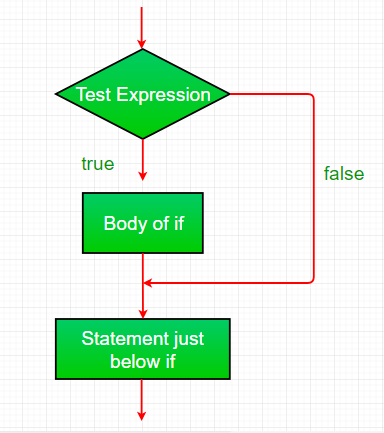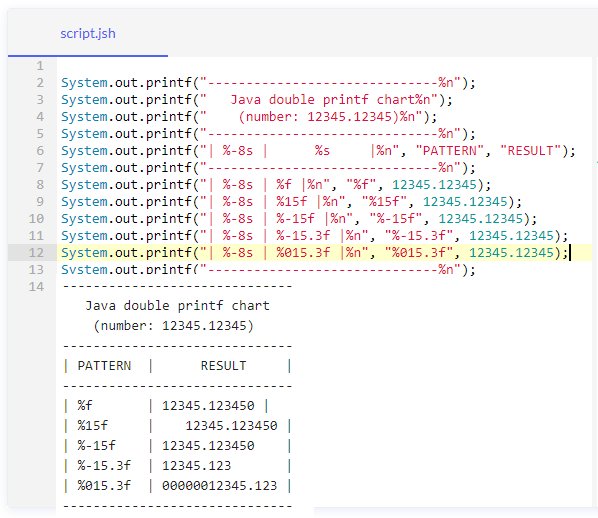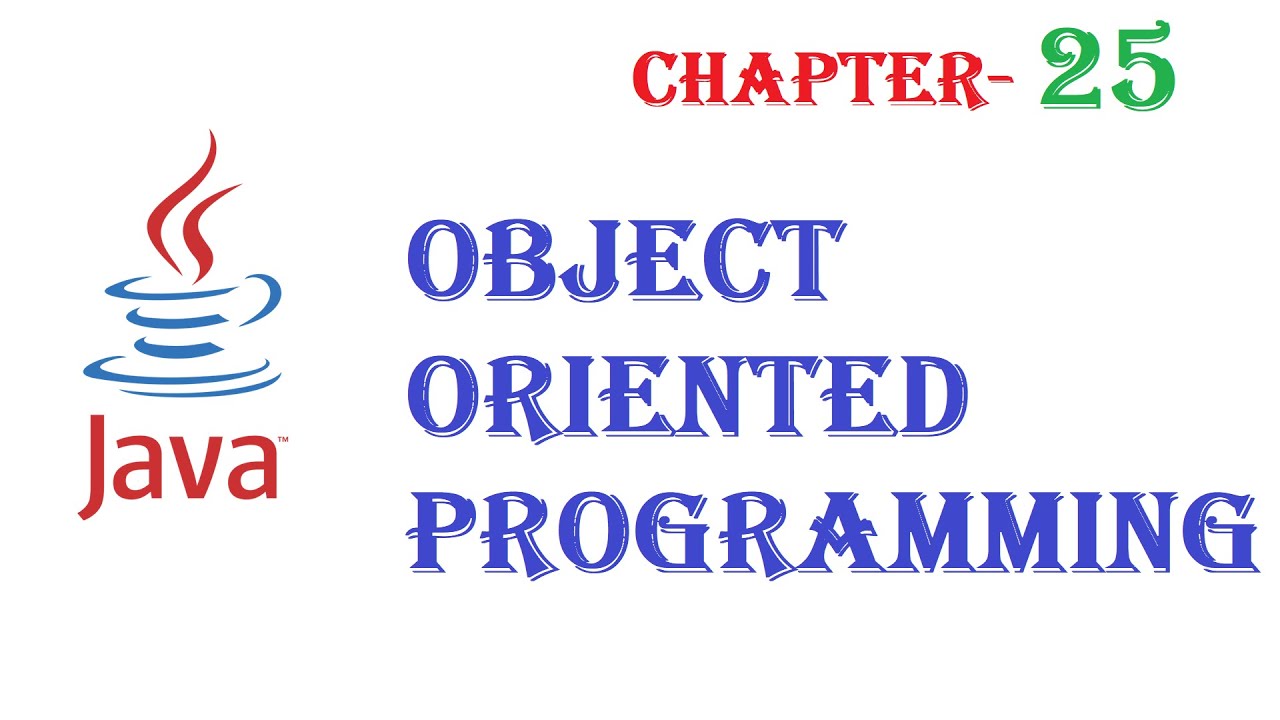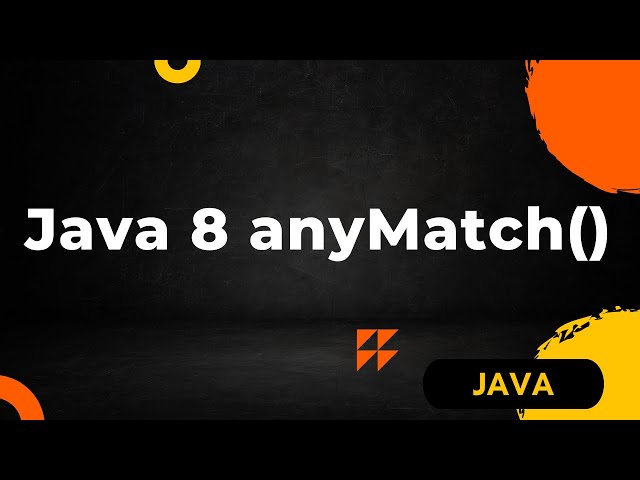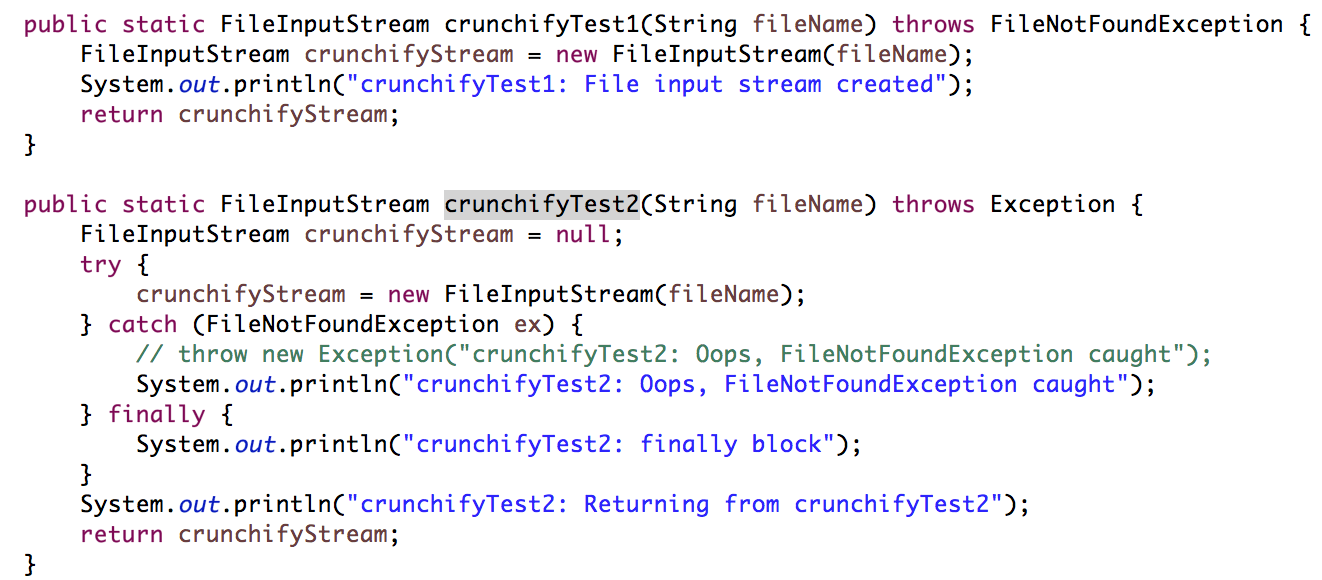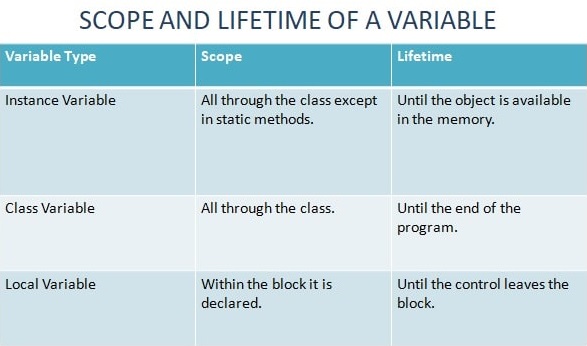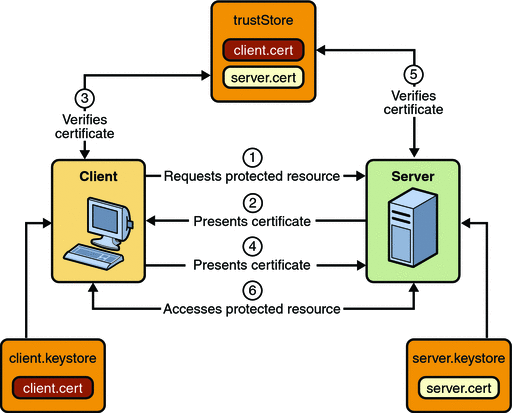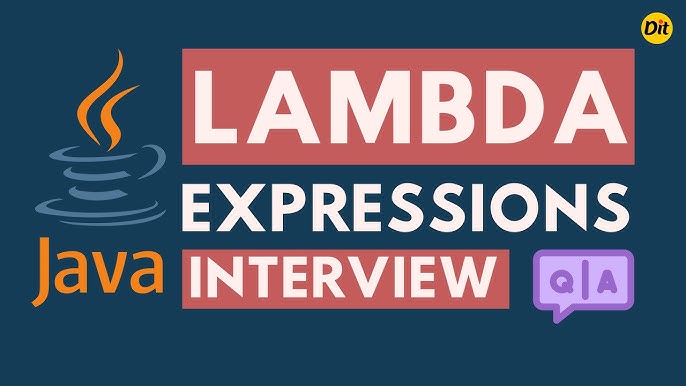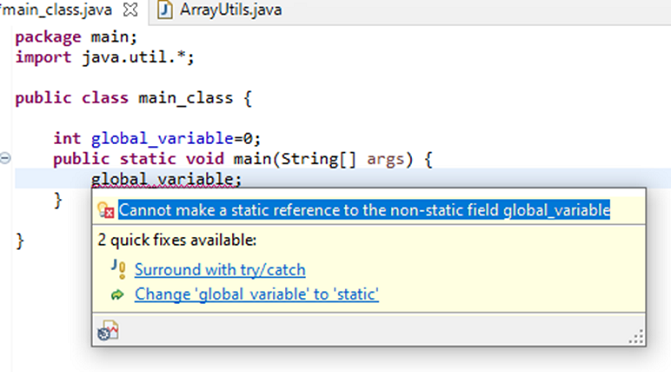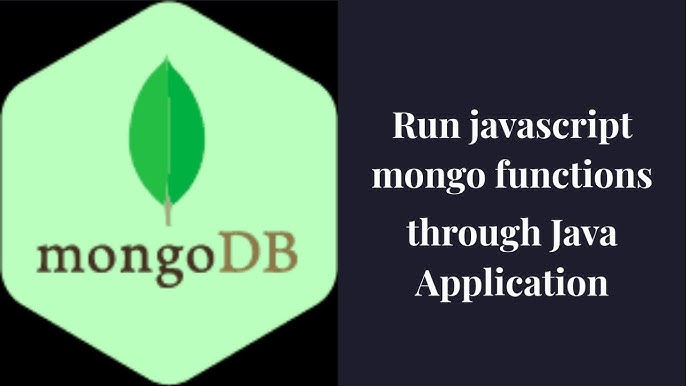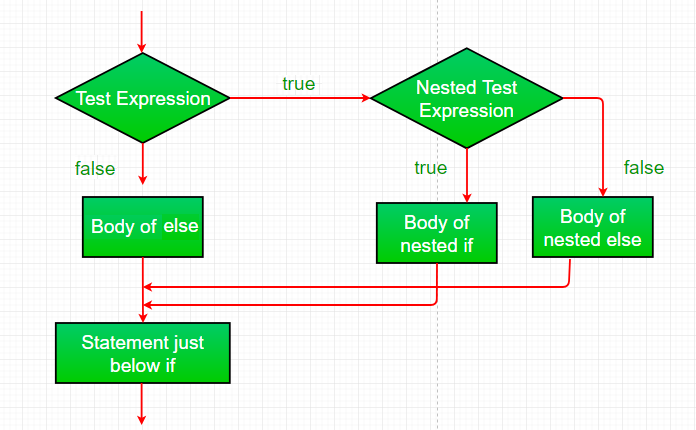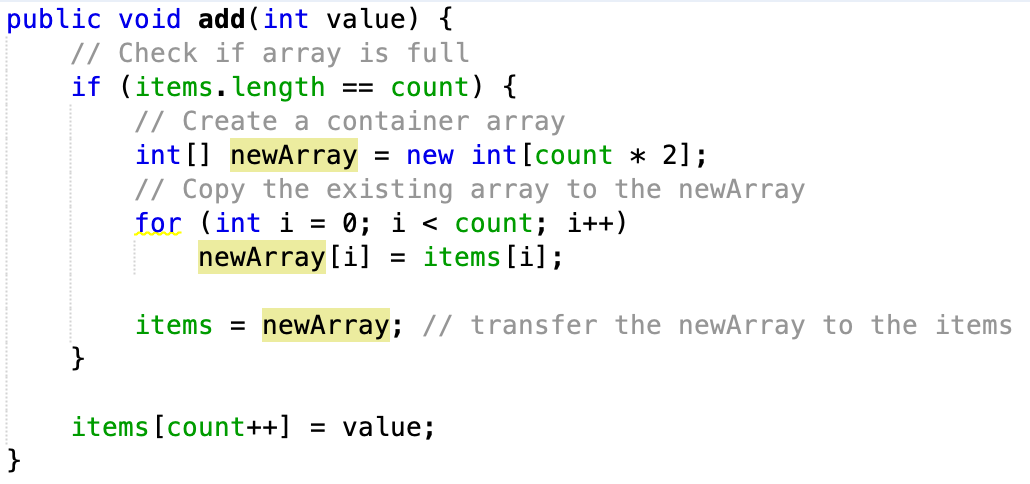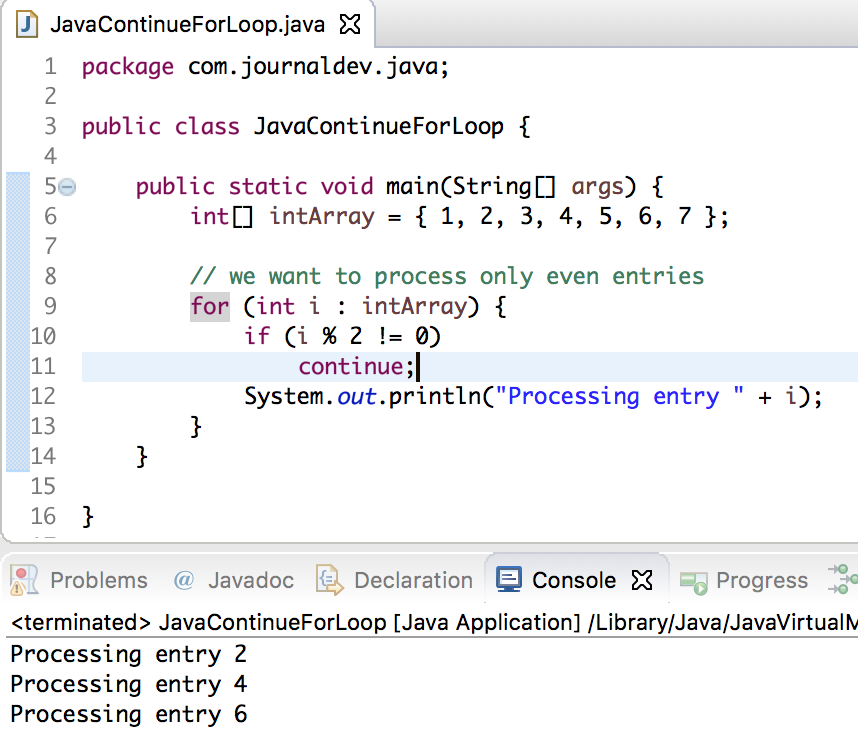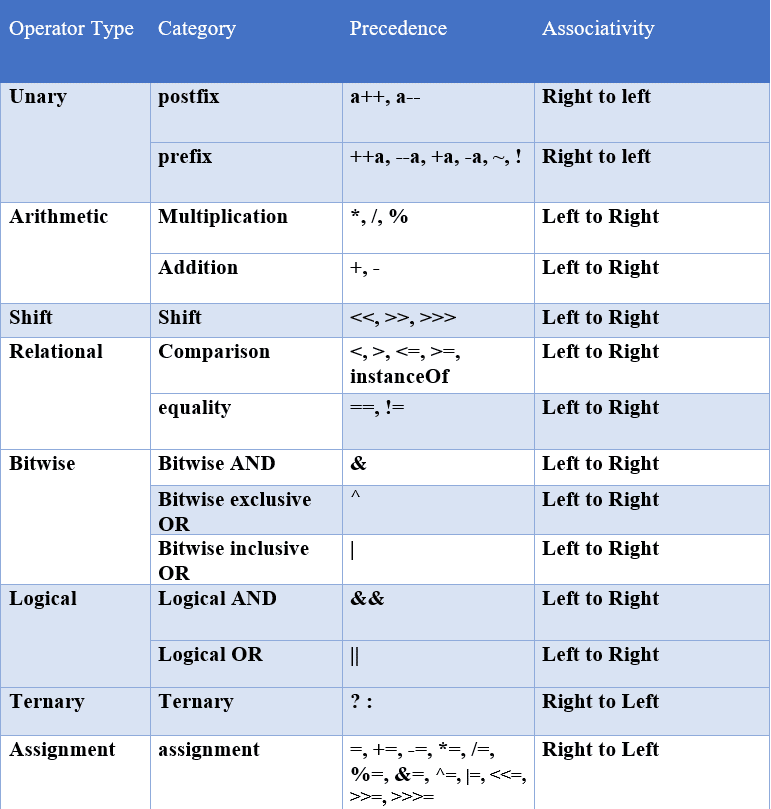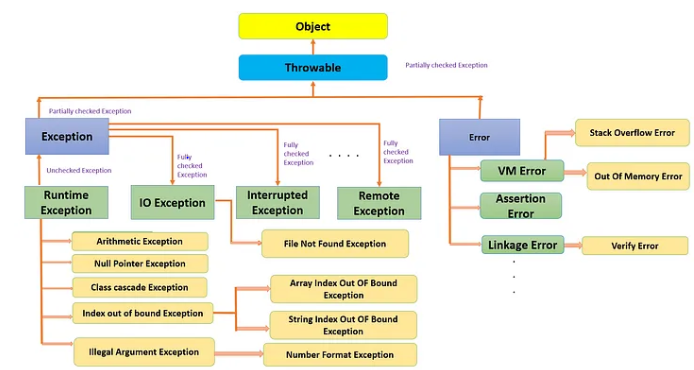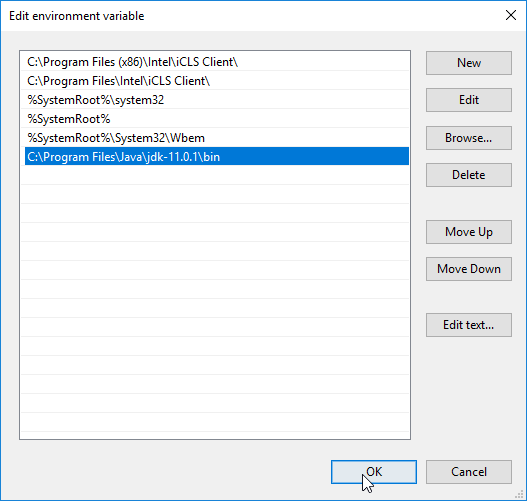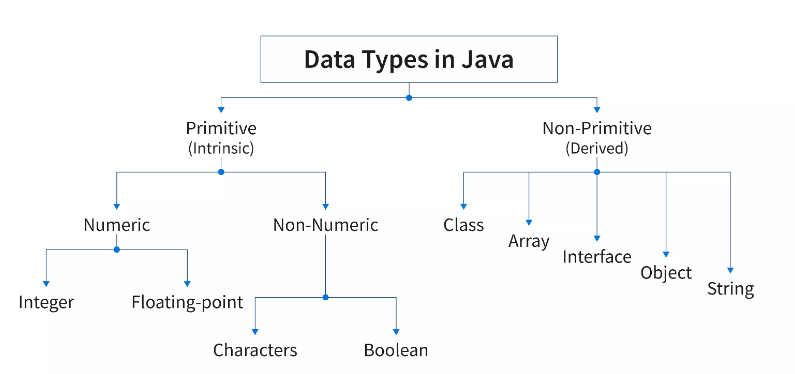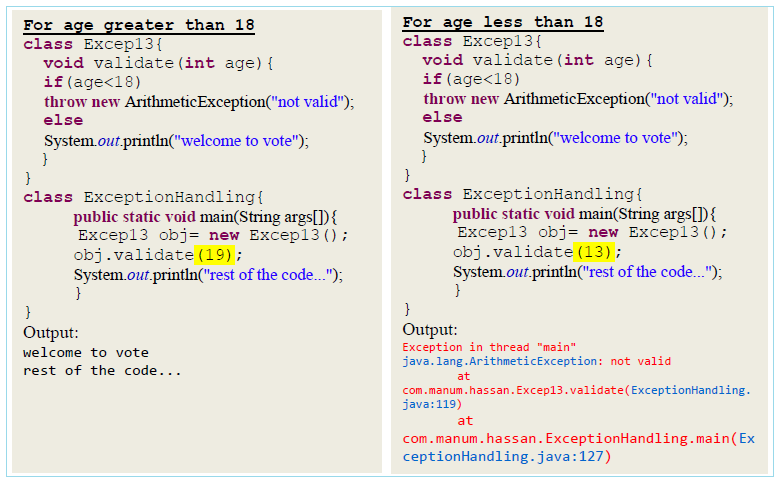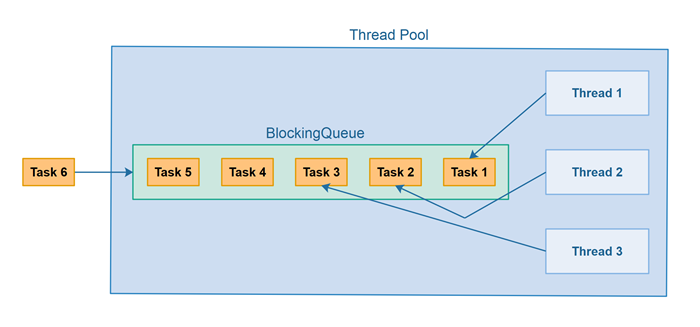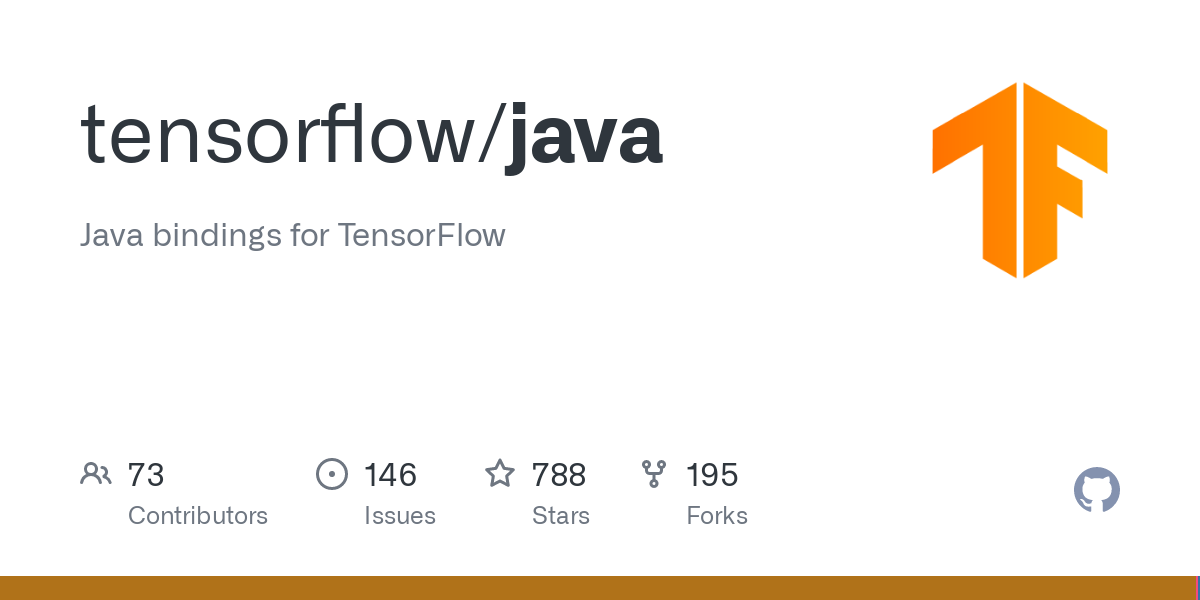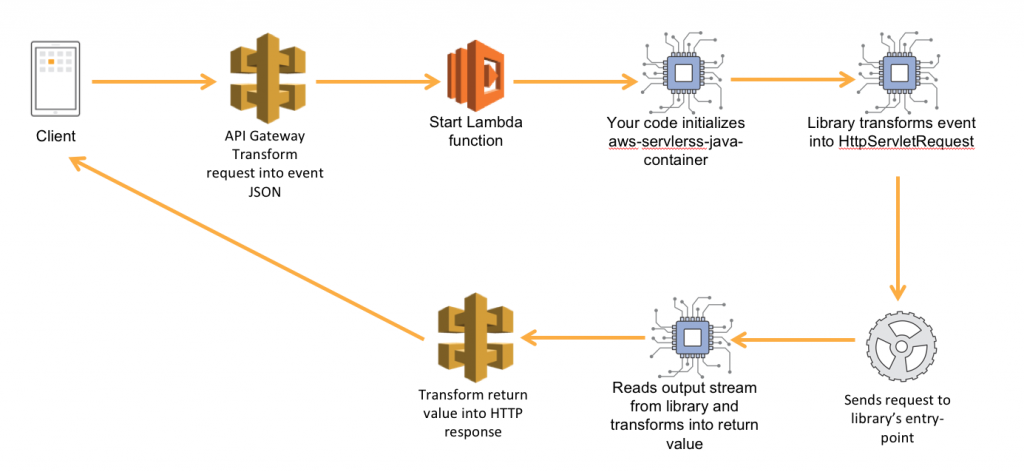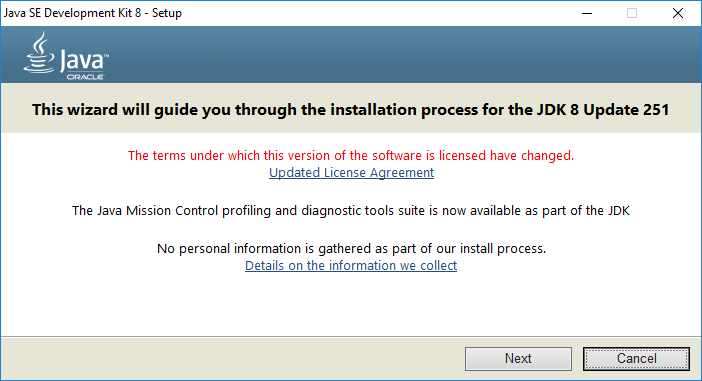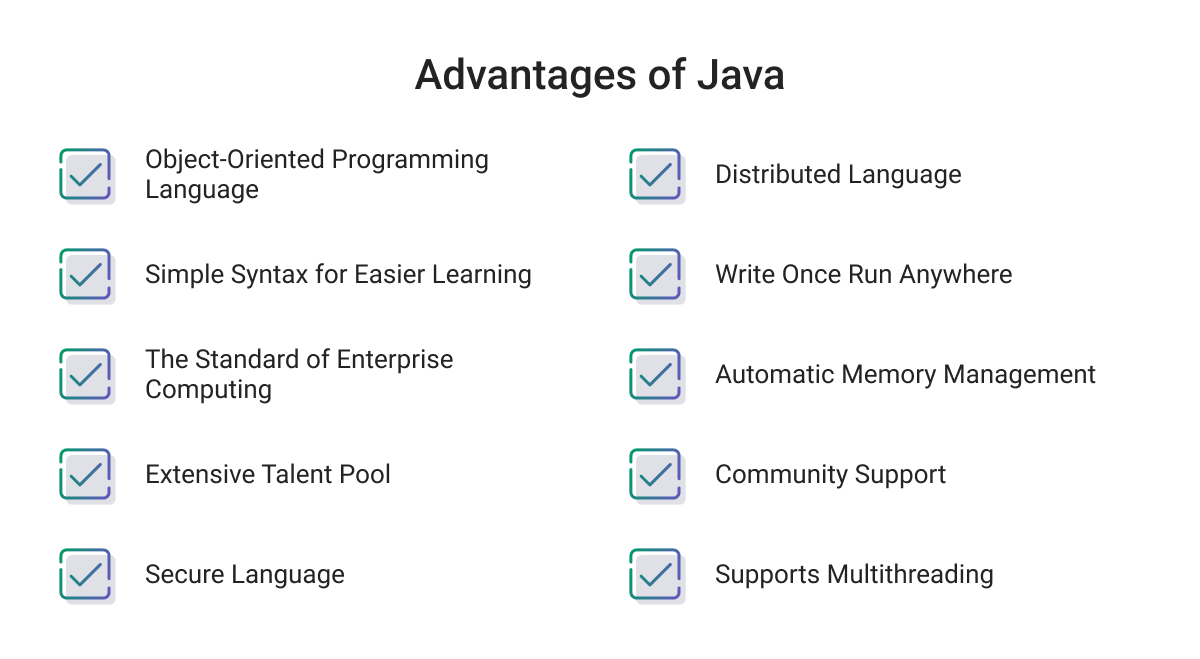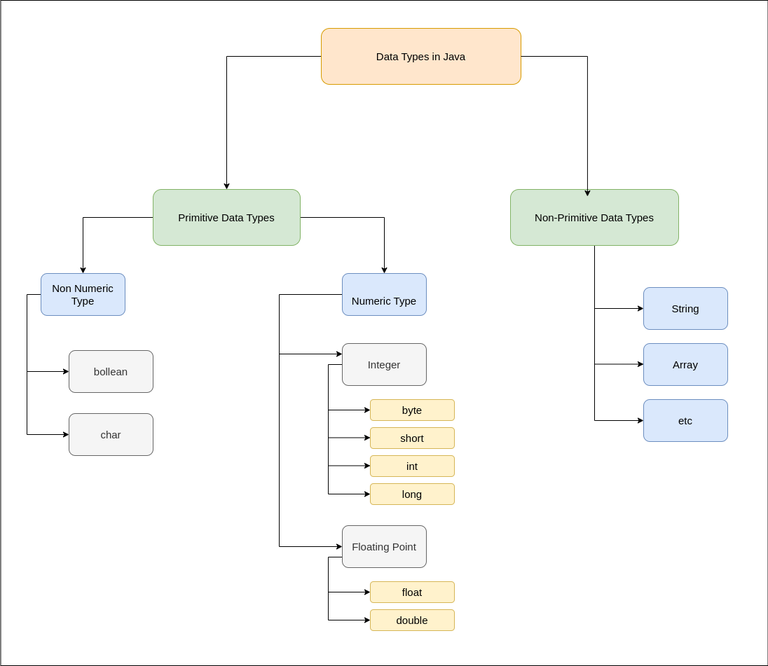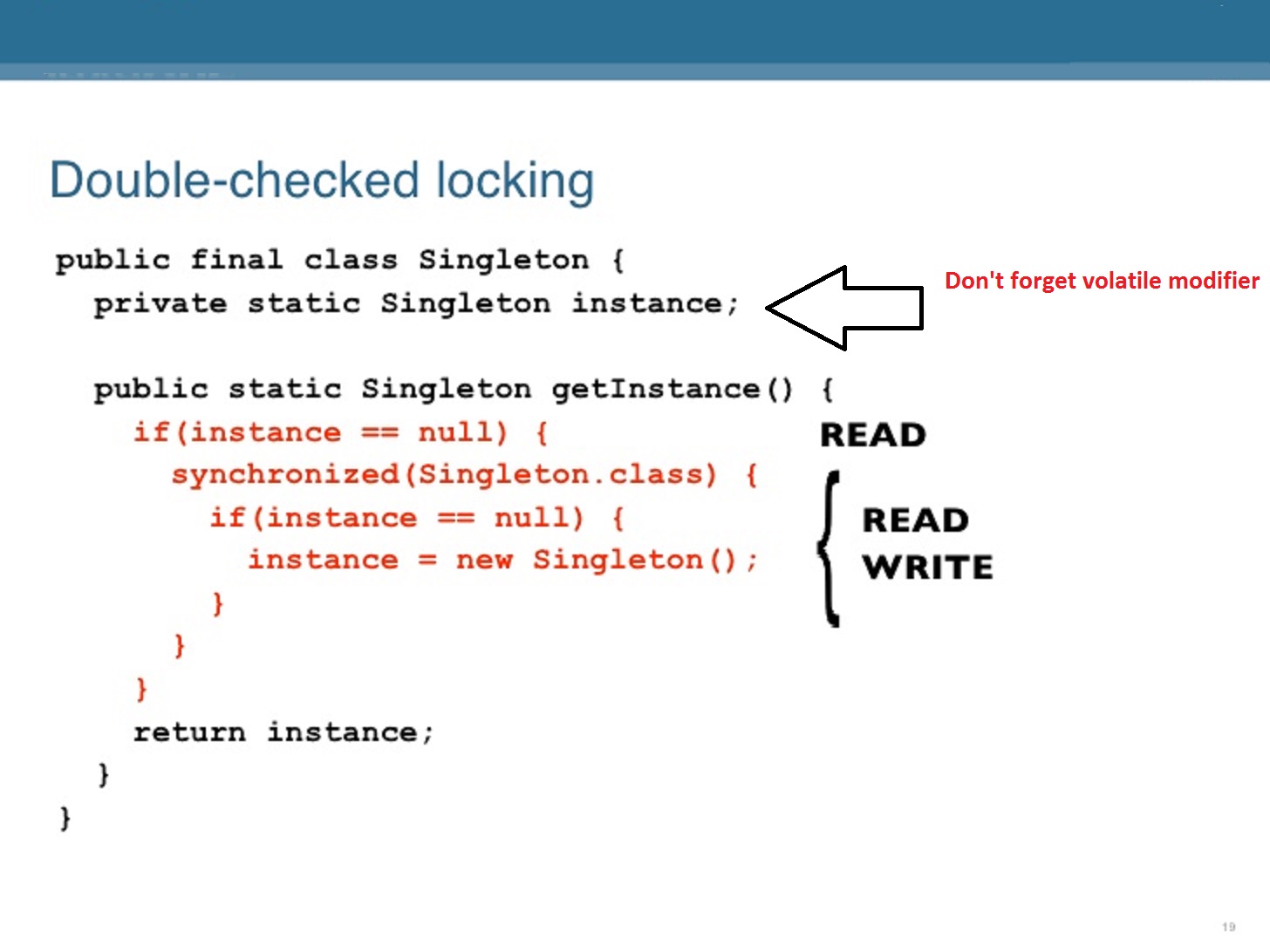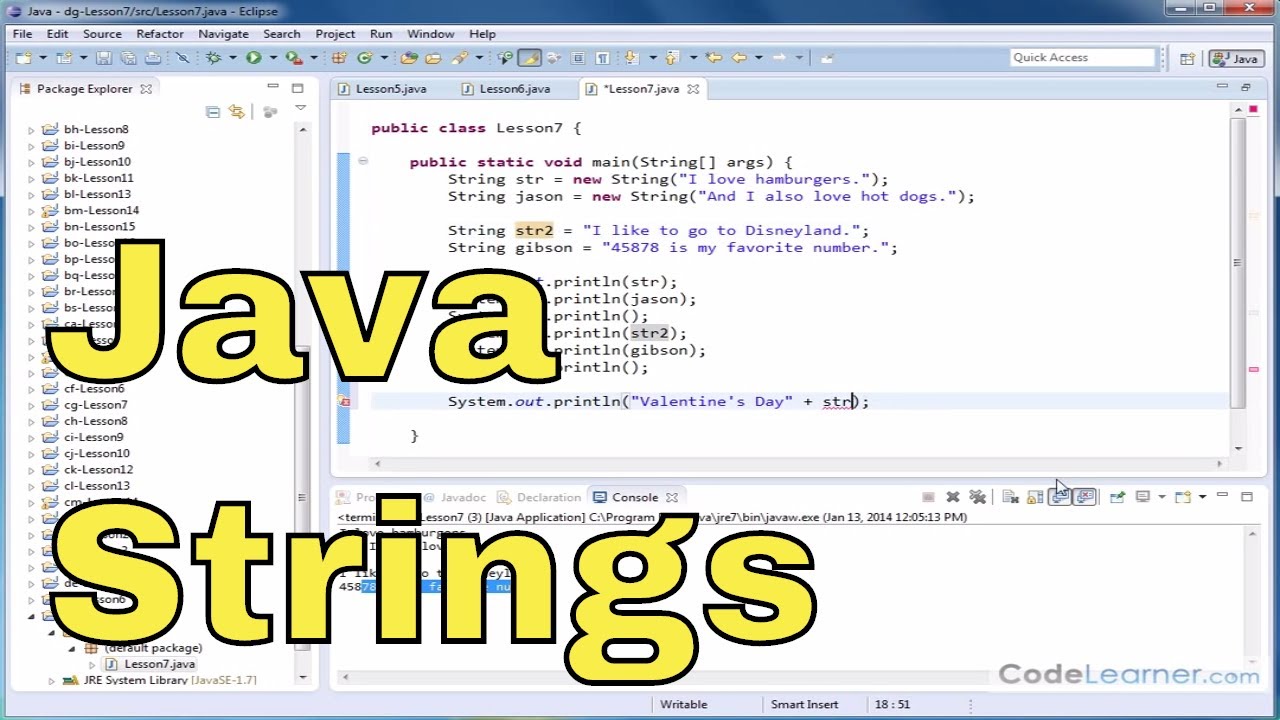Is Java good for WebSocket?
Is Java good for WebSocket?
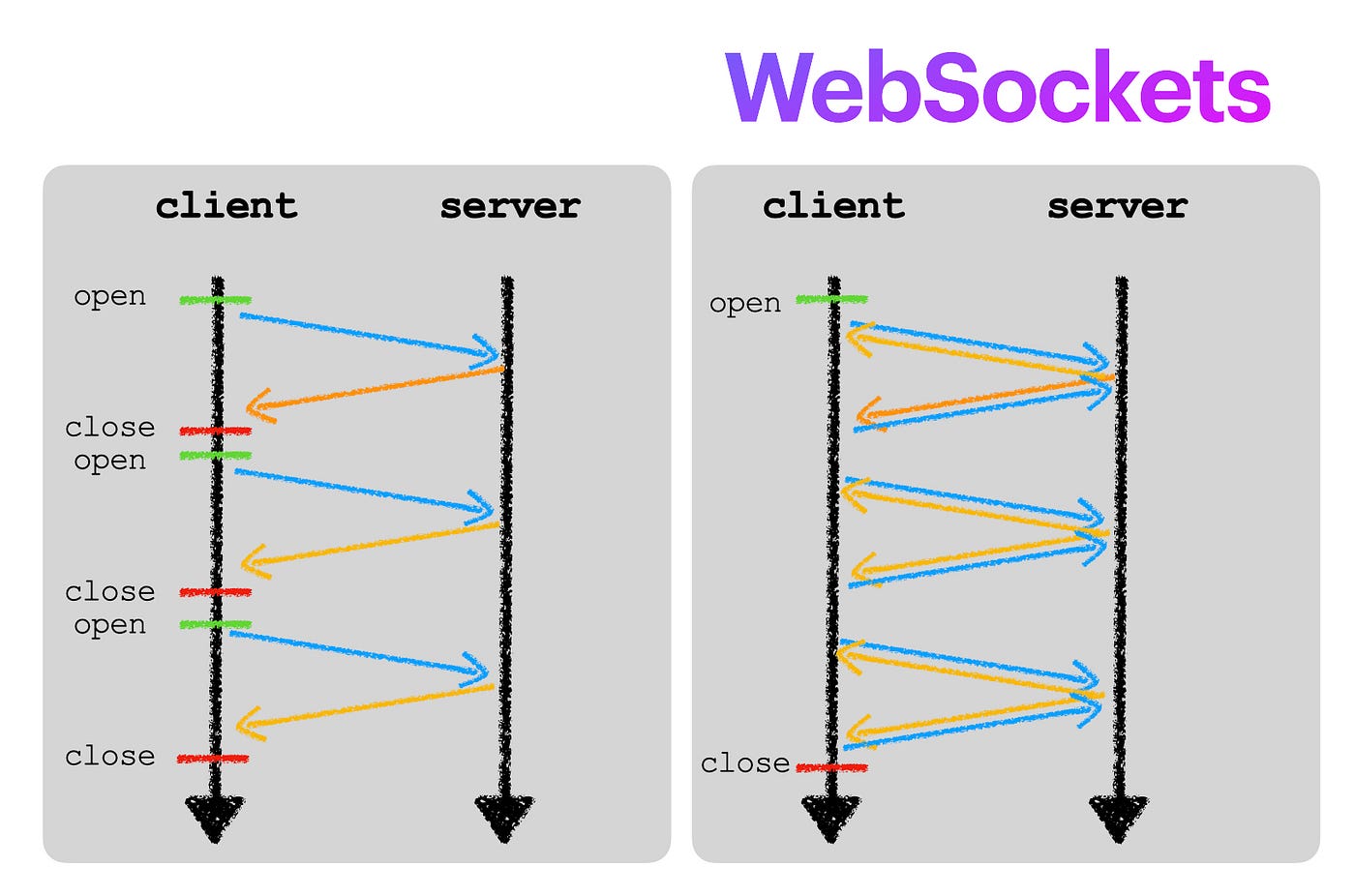
Java is indeed a great choice for building a WebSocket application! In fact, the Java API provides robust support for implementing WebSocket protocols, making it an excellent option for developers.

Firstly, let's define what WebSockets are: they're a way to establish bi-directional communication channels between a client (usually a web browser or mobile app) and a server. This is particularly useful for real-time applications that require continuous updates from the server side, like live updates in chat rooms, video conferencing, or gaming platforms.
Java's support for WebSockets begins with the Java WebSocket API (JSR-356), which provides a simple and intuitive way to create WebSocket endpoints using standard Java programming. This API is part of the Java EE 7 specification, making it a natural fit for enterprise environments.

Here are some benefits of using Java for building WebSocket applications:
Robust security: Java's SSL/TLS support ensures that communication between clients and servers remains secure, safeguarding sensitive information. Scalability: With Java, you can easily scale your application to handle a large number of concurrent connections by utilizing clustering technologies like Apache Tomcat or Wildfly. Flexibility: You can use various WebSocket implementations in Java, such as Undertow, Jetty, or Spring Boot's WebSocket support, allowing for flexibility in choosing the right library for your project. Extensive community resources: The Java ecosystem has an extensive collection of resources available, including documentation, tutorials, and libraries, making it easier to find help when needed.In terms of specific technologies and frameworks that support WebSockets in Java, some popular options include:
Apache Tomcat: A widely used, open-source web server that provides robust WebSocket support. Jetty: Another well-known, open-source web server that offers WebSocket capabilities. Spring Boot: A popular framework for building web applications that includes built-in WebSocket support. Undertow: A lightweight, high-performance HTTP/HTTPS and WebSocket server.In conclusion, Java is an excellent choice for building a WebSocket application, thanks to its robust security features, scalability options, flexibility in choosing implementations, and extensive community resources. Whether you're working on a real-time chat platform or a gaming ecosystem, Java provides the foundation you need to build a reliable and efficient WebSocket solution.
What are Java WebSockets?

I'll respond in English for you!
Java WebSockets (WebSocket) is a protocol that allows bidirectional communication between a client's web browser and a server over the TCP/IP protocol stack. It enables real-time, two-way data transfer between the client and server, allowing for efficient communication and handling of multiple connections.

In traditional HTTP-based communication, the request-response model prevails. The client initiates a request, and the server responds with data. This approach works well for simple interactions but may not be suitable for more complex, real-time scenarios where the client and server need to engage in continuous conversations.
WebSockets address this limitation by providing a persistent connection between the client and server, which allows them to send messages to each other at any time without waiting for a full request-response cycle. This enables applications that require instant updates, such as:
Real-time collaboration: Multiple users can share and edit documents simultaneously. Live updates: Stock prices, sports scores, or news headlines can be updated in real-time. Gamification: Interactive games can offer instantaneous feedback and scoring.The WebSocket protocol consists of two primary components:
Handshake: The client and server establish a connection by exchanging messages that confirm their willingness to participate. Frames: WebSockets use frames, which are units of data containing the payload (actual message) and control information (such as the message's length).Java provides support for WebSocket programming through its built-in API. The WebSocket API allows developers to create servers that can handle multiple connections efficiently and manage these connections effectively.
The benefits of using Java WebSockets include:
Improved scalability: Handling large numbers of connections becomes more manageable. Enhanced performance: Reducing the need for full-page reloads can significantly improve application responsiveness. Simplified development: By providing a standardized protocol, WebSocket simplifies the development process and reduces the need for custom solutions.However, there are also potential challenges to consider when implementing WebSockets:
Complexity: Establishing and managing connections requires more complex programming than traditional HTTP-based interactions. Security: As with any communication protocol, security is crucial, and developers must ensure that their WebSocket implementation is secure against attacks like cross-site scripting (XSS) or SQL injection.In summary, Java WebSockets enable bidirectional, real-time communication between clients and servers over the TCP/IP protocol stack. They provide a persistent connection for efficient data transfer and are ideal for applications requiring instantaneous updates or real-time interactions.
